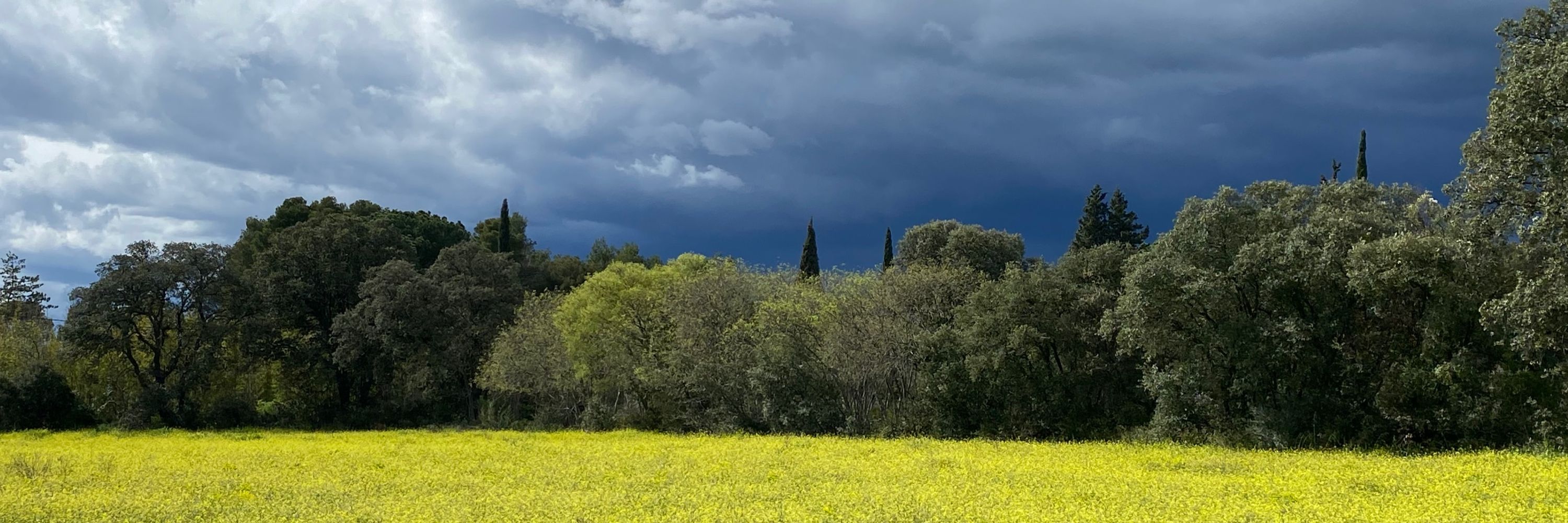Guillaume Fried
@g-fried.bsky.social
79 followers
82 following
14 posts
Botanist and community ecologist, agroecology, invasion ecology, ANSES, Montpellier (FR)
Posts
Media
Videos
Starter Packs
Guillaume Fried
@g-fried.bsky.social
· Jul 30
Guillaume Fried
@g-fried.bsky.social
· Jul 30
Guillaume Fried
@g-fried.bsky.social
· Jul 30
Guillaume Fried
@g-fried.bsky.social
· Jul 30

Monographs on invasive plants in Europe: Ageratina adenophora (Spreng.) R.M. King & H. Rob
Ageratina adenophora (Spreng.) R.M. King & H. Rob. (Crofton weed) is a triploid, apomictic perennial herb or sub-shrub native to Mexico that is highly invasive in many parts of the world. This spec...
www.tandfonline.com
Guillaume Fried
@g-fried.bsky.social
· Mar 15
Reposted by Guillaume Fried
Guillaume Fried
@g-fried.bsky.social
· Dec 9
Guillaume Fried
@g-fried.bsky.social
· Dec 9
Guillaume Fried
@g-fried.bsky.social
· Dec 9
Guillaume Fried
@g-fried.bsky.social
· Dec 9
Guillaume Fried
@g-fried.bsky.social
· Dec 9
Guillaume Fried
@g-fried.bsky.social
· Dec 9
Guillaume Fried
@g-fried.bsky.social
· Dec 9






